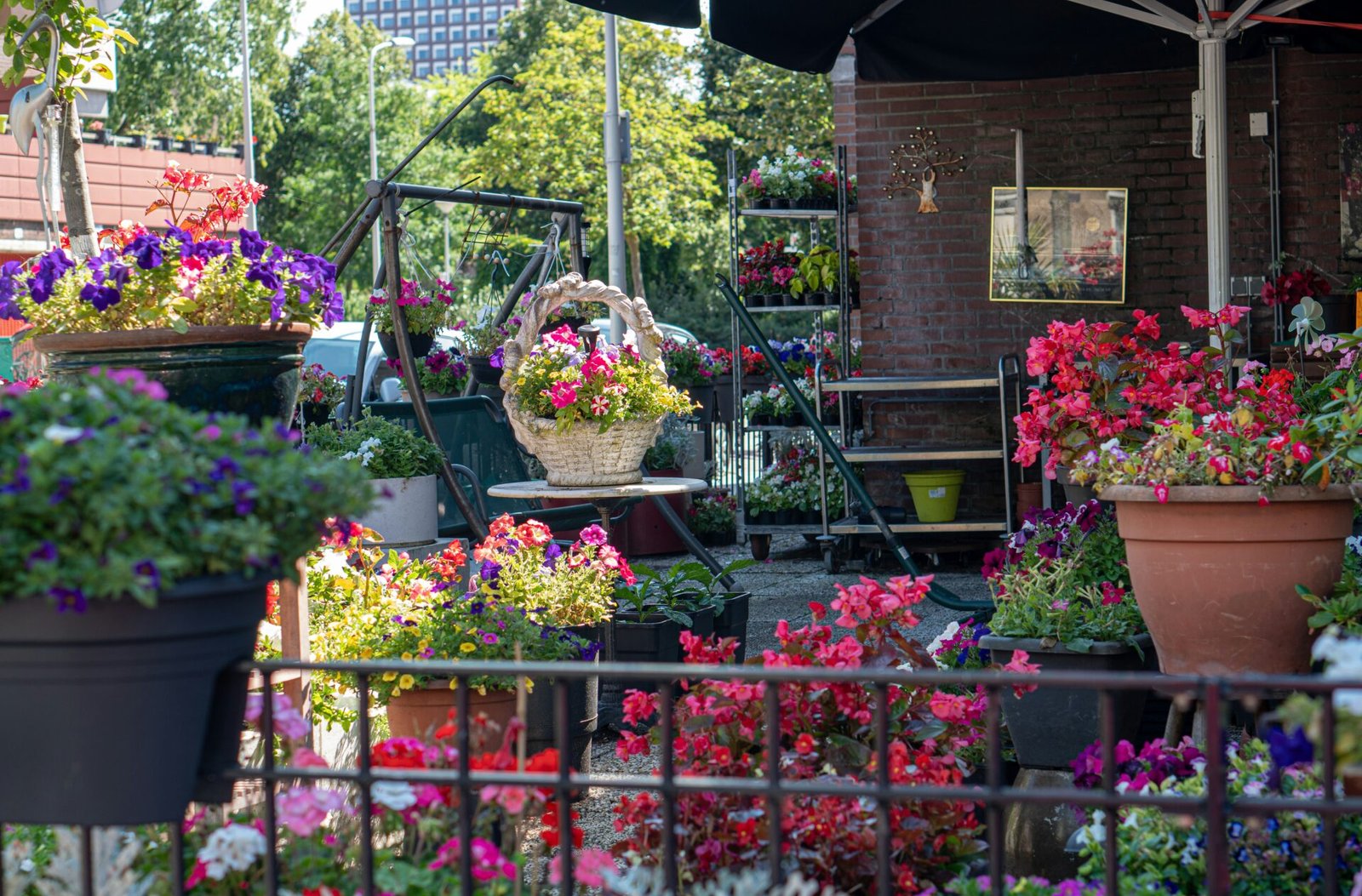Wait—What Are PFAS, and Why Are They in Me?
Toxic Truth: Everyone in the Netherlands Has PFAS in Their Blood? PFAS (pronounced pee-fass) are a group of synthetic chemicals that have been used in everyday products for decades. Think non-stick pans, waterproof jackets, takeout packaging, even some makeup. They’re designed to be resistant to heat, water, oil—you name it.
But that resistance also means they don’t break down easily. Not in the environment, and not in your body. Once they’re in, they tend to stick around. That’s why they’ve earned the nickname “forever chemicals.”
Over time, they build up—in the air we breathe, the water we drink, and the food we eat. Which is how they end up in our blood.
You Probably Have PFAS in Your Blood—Here’s What That Means (And What You Can Do)
If you’re living in the Netherlands, there’s something you should know: you almost certainly have PFAS—also known as “forever chemicals”—in your blood. Sounds dramatic, right? That’s because it is.
A new study by RIVM (the Dutch National Institute for Public Health and the Environment) just confirmed it: every single person they tested had PFAS in their system. Every. Single. One.
But don’t panic—let’s talk about what this actually means, where it comes from, and what you can do about it.
So What Did the RIVM Find?
RIVM recently conducted a first-of-its-kind national blood test for PFAS. They took samples from people across the country—young, old, urban, rural—and here’s what they discovered:
• Every participant had at least seven types of PFAS in their blood.
• More than half of the adults tested had levels above what’s considered safe.
• People living in areas like Dordrecht and near the Westerschelde river had much higher concentrations, likely due to nearby factories and pollution.
Let that sink in: this isn’t just a local issue—it’s a nationwide one.
Should I Be Worried?
It’s okay to feel concerned, but don’t jump straight to panic. Just because PFAS are present doesn’t mean you’re automatically going to get sick. But here’s what the science does suggest:
High levels of PFAS have been linked to:
• A weakened immune system
• Higher cholesterol
• Liver damage
• Possible effects on fertility and child development
• And yes, some types are thought to increase cancer risk
The real risk comes from long-term exposure and how much builds up in your body over time.
What Can You Do to Reduce Exposure?
Here’s the hard truth: you can’t avoid PFAS completely. They’re just too widespread. But you can take steps to limit your exposure:
• Use PFAS-free cookware (look for labels like “PFAS-free” or “PFOA-free”).
• Cut down on fast food and greasy takeout, which often comes in PFAS-lined packaging.
• Filter your drinking water, especially if you’re near industrial areas.
• Be mindful of cosmetics and skincare products—check labels for fluorinated ingredients.
• Eat a varied diet to avoid getting too much from one source, like local eggs or fish.
Every small change adds up. It won’t eliminate the chemicals you’ve already absorbed, but it can help prevent further build-up.
Is Anyone Doing Anything About This?
Yes—and it’s about time.
The Dutch government and several EU countries have proposed a full ban on PFAS across Europe. That’s a huge deal, but it’s still under review.
Meanwhile, environmental groups are pushing for stricter rules and holding polluting companies accountable—especially chemical giants like Chemours in Dordrecht, which has already faced criticism (and fines) for releasing PFAS into the environment.
RIVM is continuing its research and plans to retest blood samples in 2026 to see if recent changes are making any difference.
Final Thoughts: Don’t Panic, But Pay Attention
Learning that you’ve got industrial chemicals in your bloodstream isn’t exactly comforting. But knowledge is power.
This study is a wake-up call—not just for policymakers, but for all of us. It’s a chance to ask better questions about what we’re exposed to, what’s in our products, and how we can protect ourselves and future generations.
So no, you don’t need to throw out everything in your kitchen or move to the mountains. But it is worth being more aware, making smarter choices, and staying engaged with what’s happening next.
We’re all in this together.
Sources: RIVM, NOS, DutchNews.nl, EFSA, NL Times
Want more health insights like this delivered to your inbox? Subscribe to our newsletter or follow us on socials.
Image courtesy European Environment Agency (Q632988) (original image) Mrmw (vectorization), CC BY 2.5 DK, via Wikimedia Commons, some rights reserved





